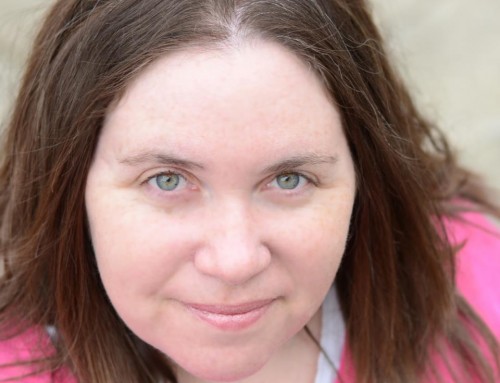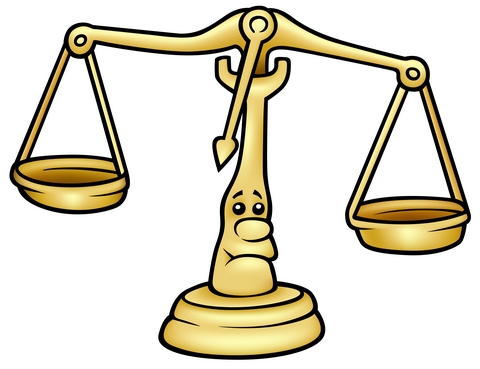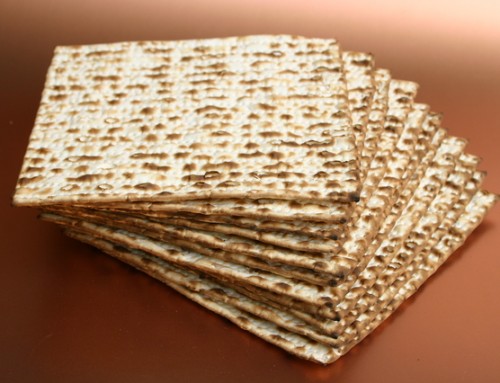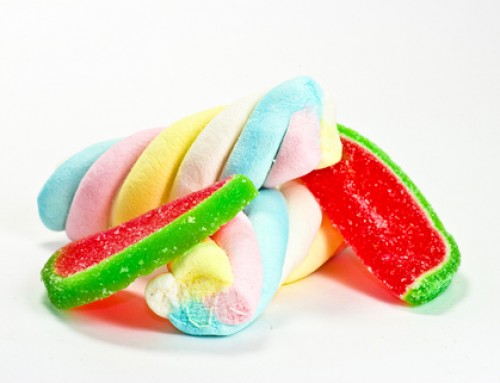Some several years ago when I was born, a few years before the middle of the last century in fact, they gave me a name; and in those early years, I assumed that the name they gave me was the name by which I would always be known. My parents called me by that name — and my teachers and my friends and my parents’ friends and the men in shul on Shabbat. I had a name and that was who I was.
When I got a little older, though, I realized that there was another name I had. I was the son of my father and the son of my mother. “Oh,” someone would say, “you are Hy’s son.” “You are Lee’s son.”
And I was, of course. I was someone in addition to my name, I was something else. I was another name: the son of.
Thinking back on that transition now, I think it was a natural and useful way of introducing me to the idea that I was not the center of the universe. I was not just “me”; I was the son of as well. I was part of something more than myself. I was related. Son of.
As time went on and I undertook other roles, other responsibilities, other identities, more names were added: “friend of”, “student of”; and then: “husband of”, “teacher of”, and then “father of” — that was a good one.
But nothing was better than “grandfather of.”
My young friends, I don’t want to be disillusioning, but most of the things they say about the joy of growing older and “the golden years” is just so much marketing for reverse mortgages and viagra. You grow older and things that used to work don’t work anymore; you look in the mirror and your father is looking back at you. We used to try to tell my dad to try to lose some weight, that it wasn’t healthy. I weigh like thirty-five pounds more than he did in his chunky days. “Golden Years.”
But the “grandfather” stuff is all true. It is the best. There are these wonderful, happy, bizarre kids who laugh at your silly faces and think that you must know everything because you had to have been alive when everything in history first happened. I have to tell you: one day my eldest granddaughter is going to figure out that I am just as stupid as most of the other people on the face of the earth, and it’s going to break my heart.
It helps that my kids let me grandparent all I want. We have an unspoken understanding. I don’t want to parent their kids – the truth is that they are, every one of them, far better parents than I ever was – but I am allowed to spoil the kids and to make the same ludicrous jokes that embarrassed my kids so much when I was growing up.
There is no happiness like it. It makes you want to play Santa Claus in next year’s school Maccabee play.
But what do they call you? What’s the name of the Grandfather?
Not as simple as it might appear. There are standard choices for grandparents: Grandma/Grandpa, of course; Bubbie/Zaidie (spelling options of these are infinite); Saba/Savta. I have friends of German/Dutch extraction who like Oma/Opa; and, I assume that there are Ivy League graduates that want the “Grandfather/Grandmother” formality.
The truth, of course, is that the choice of appellation is not exclusively that of the grandparents to make. There are, please God, two sets of grandparents hovering over the child. Can they both be Grandma and Grandpa? That can be a little unwieldy. Who gets first pick? And do the children have to agree?
And then, of course, there is evolution.
Example: with our first grandchild, things moved smoothly enough. My wife’s parents had been Grandma and Grandpa to our kids. My parents had been Bubbie and Zaidy. (– actually my Mom had once wanted to personalize it a little and be called Bubby Lee, but that sounded too much like a soft drink so we quietly let it go.) But since my son-in-law’s Mom wanted “Bubbie” and since my wife outvotes me three-to-one on all matters of significance and her parents had been Grandma and Grandpa, we became Grandma and Grandpa.
However, my granddaughter could not quite master “Grandfather” in her earliest attempts at speech. It came out “Paca”, and so I have been – to her and all her subsequent siblings – “Paca” ever since. Which is fine by me. It gives me a certain uniqueness. Grandmas and Grandpas flood the world like so many kernels of popcorn under your feet in a movie theater. But how many “Paca”s are there?
(Actually, we saw “Whale Rider” some years back and discovered that the Whangara people on the east coast of New Zealand refer to “Grandfather” as “Paca” too – which I suppose suggests some speech problems in New Zealand.)
When my younger daughter had children, however, she was happy with “Grandma” and “Grandpa”, but “Paca” was too informal. Her children struggled with whatever early phoneme challenges they had until they could master “Grandpa”, and it has remained thus ever since. When all the cousins get together, I am “Grandpa” to some and “Paca” to others, but they are all willing to take the Chanuka presents and let me read stories in silly voices.
Actually my eldest’s two-year old can’t quite manage “Paca” either. So he calls me “Kaka”. I come in and call his name and he runs to the door, yelling “Kaka! Kaka! Kaka!” That’s okay with me too. I have been called worse by a lot of people who were not nearly so cute.







Leave A Comment